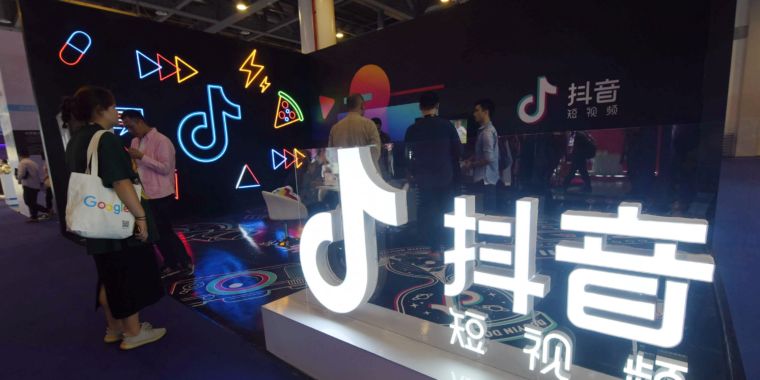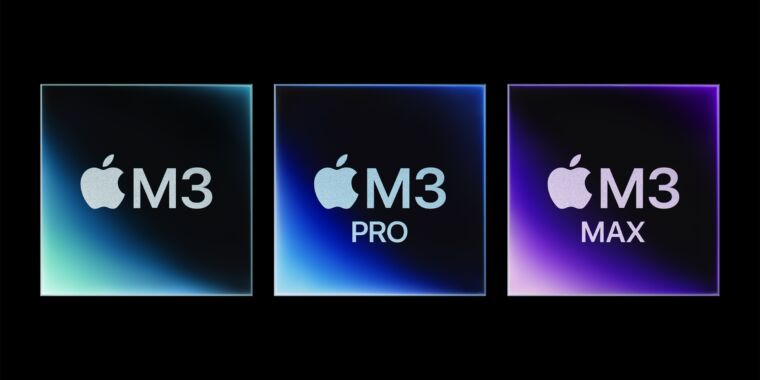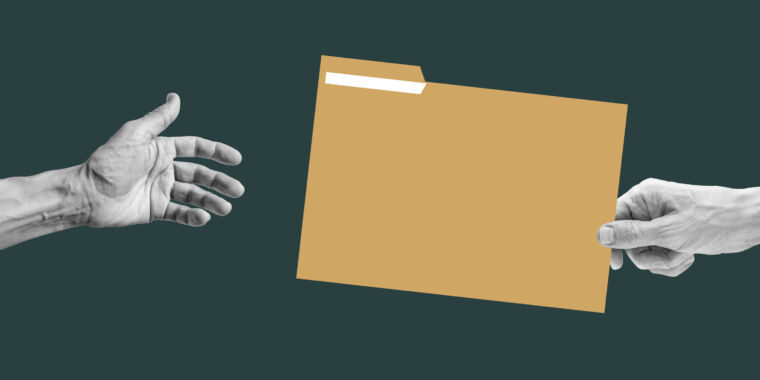Does the Chinese government have officials inside TikTok’s parent company, ByteDance, pulling the strings? And does the storing of data from the popular social media app outside of China protect Americans?
These questions appear to dominate the current thinking in the US over whether to ban TikTok if its owner, Chinese technology giant ByteDance, refuses to sell the platform.
But in my opinion—forged through 40 years as a scholar of China, its political economy, and business—both questions obscure a more interesting point. What’s more, they suggest a crucial misunderstanding of the relationship between state and private enterprise in China.
Simply put, there’s no clear line between the state and society in China in the same way that there is in democracies. The Chinese Communist Party—which is synonymous with the Chinese state—both owns and is the nation. And that goes for private enterprises, too. They operate like joint ventures in which the government is both a partner and the ultimate boss. Both sides know that—even if that relationship isn’t expressly codified and recognizable to outside onlookers.
ByteDance under the microscope
Take ByteDance. The company has become the focus of scrutiny in the US largely due to the outsize influence that its subsidiary plays in the lives of young Americans. Some 170 million Americans are TikTok users, and US politicians fear their data has a direct route back to the Chinese state via ByteDance, which has its head offices in Beijing.
Location aside, concerned voices in the US cite the evidence of former ByteDance employees who suggest interference from the Chinese government and reports that the state has quietly taken a direct stake and a board seat at Beijing ByteDance Technology Co. Ltd., ByteDance’s Chinese subsidiary.
Grilled by the House Committee on Energy and Commerce in March 2023, TikTok’s Singaporean CEO, Shou Zi Chew, said unequivocally that ByteDance was not “an agent of China or any other country.”
The history of the Chinese government’s dealings with private companies suggests something more subtle, however.




